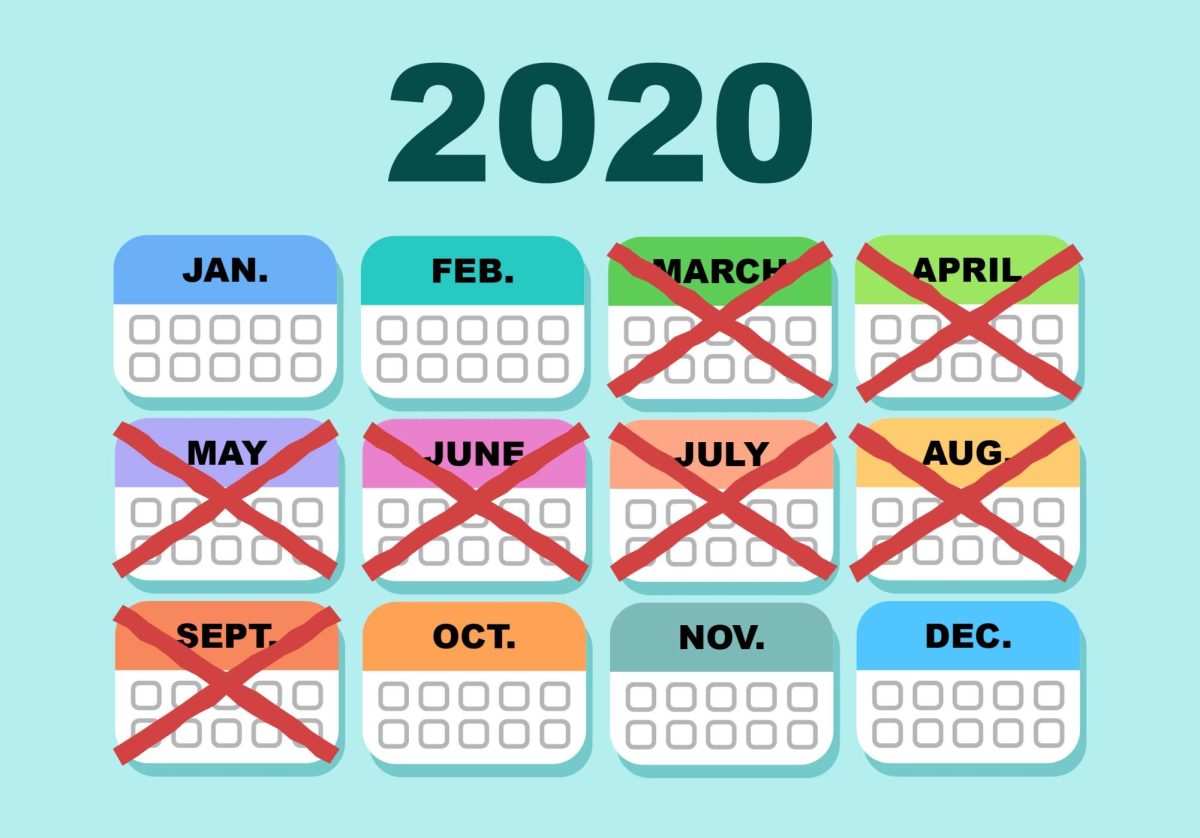Editor’s Note: The views expressed in this editorial do not represent The Minnesota Daily’s newsroom and are not necessarily representative of any individual on the Opinions Desk. This piece has been agreed upon for publication by a majority vote of all members of The Daily’s Opinions Desk.
The Board of Regents met on Friday to discuss a letter of intent for a hospital buyback deal with Fairview and the qualifications of the four anonymous finalists for the next University president.
Three of the anonymous applicants were selected to move forward in the selection process, those being Laura Bloomberg, Dr. Rebecca Cunningham and James Holloway.
The process, which lasted roughly four hours, was muddied by general vagueness, inconsequential conversation and uproarious laughter upon the burst of Myron Frans’ ringtone: “Don’t Stop Believing.”
Though we have little concern that the Presidential Search Advisory Committee (PSAC) was thorough in its evaluation of the 46 applicants, as well as in their interviews that whittled the final 12 down to the final four, much of the conversation amongst the Board left a lot to be desired.
Of the four finalists discussed, all of whom remained anonymous for the duration of the meeting and were referred to as “A,” “B,” “C” or “D,” only applicant “D” was not selected for the next stage of interviews.
The selection process included the regents using stickers to vote for the two applicants they wished to proceed with most before taking an official vote. Applicant “D,” the far and away trailer, only received one sticker of 24.
The vote to move forward with all applicants, sans “D,” was unanimous.
Brian Steeves, executive director of the Board of Regents, said this is the first time the University has had more than one finalist for the President position.
In their initial introductions, all four applicants were described by Regent Mary Davenport as valuing shared governance among many other shared characteristics, like an affinity for Minnesota or having a knack for collaboration.
In no way can those be considered poor qualities, but they do very little to reveal the individual acumen of the applicants.
Much of the discussion in the meeting felt this way. Much like a salad bar only stocked with dressings, there was no substance to work with.
This, of course, was by design. Confidentiality was of the utmost importance for the proceeding.
Before any presidential discussion or voting occurred, Regent Janie Mayeron said the applicants were entitled to confidentiality until the finalists were selected for the interview process. Mayeron also asked that gender-neutral pronouns be used to further conceal their identities.
While confidentiality was maintained for the most part, there were a few minor slip-ups from Regent Doug Huebsch who accidentally used the pronoun “she” when referring to applicant “A” and mentioned that applicant “B” was from a Big Ten school.
Otherwise, there was little to go off of in terms of differentiating factors. Applicant “C” was described as humble by several regents but was also the only applicant with no direct ties to Minnesota.
Applicant “D” was described as a bold forward-thinker by Regent Mike Kenyanya, who said he was tempted to reenact “12 Angry Men,” but he refrained.
Frankly, a defense of that nature would have been worth an extended stay in McNamara.
It was nearly impossible to glean anything from these conversations. This is for good reason, but seemed needlessly frustrating.
Even the discussion about the hospital buyback letter of intent, which is a non-legally binding letter, seemed to yield very little discussion. The only real concern raised came from Regent Kodi Verhalen, who questioned the logistics of a September deadline to finalize a buyback agreement.
Even that was met with little in terms of a palpable answer. We understand these are complex proceedings that require time, patience and a thorough overview — all of which we are sure the Board of Regents is taking seriously — but unanimous votes should come with more scrutiny.
Obviously, the vote being unanimous means the Regents largely agreed with each other and had little concern with the opinions of their peers. That is precisely what is most concerning.
With so much discussion of what a tough choice it would be between the four applicants, a unanimous vote coming after a fairly vague discussion on the pros and cons of each applicant based on kindergarten-esque sticker selection seems improper.
A lot of discussion was had, but much of it felt roundabout and inessential to the decision-making process.
Mayeron said those without something pertinent to say about a potential candidate need not speak just for the sake of having spoken. It is our opinion that this recommendation was not followed.














